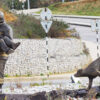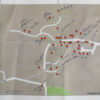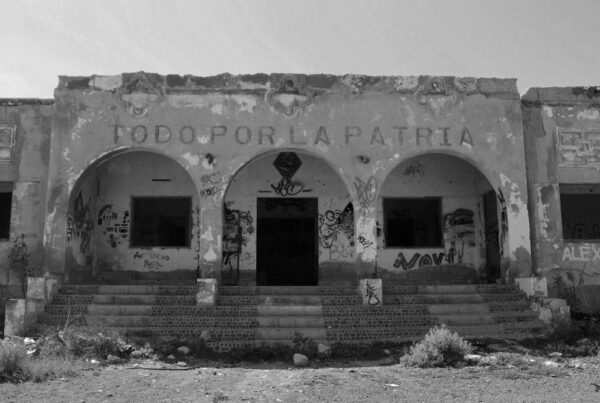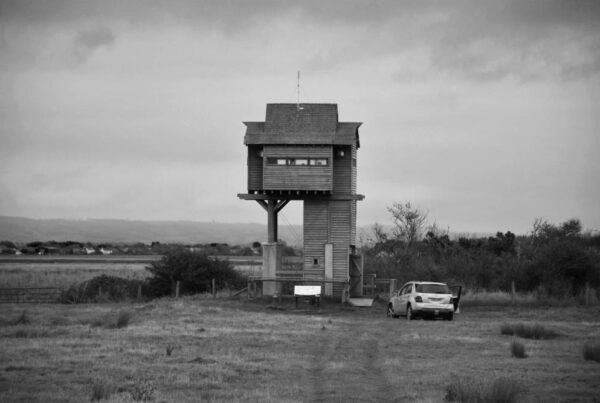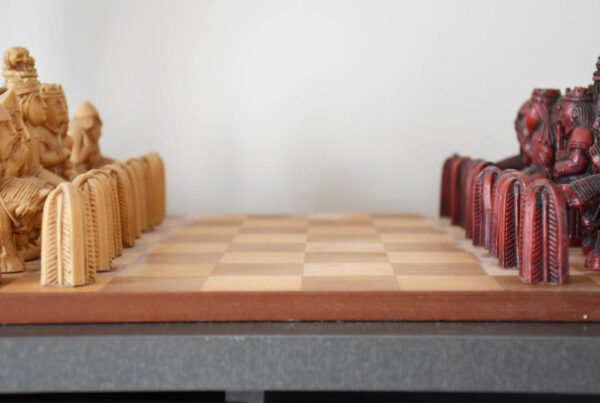Can you tell the difference between reality and fiction?
Reality comes from the Latin, realis – related to things. Fiction comes from the Latin word fictus – to form. But even those statements might not be true. There are various theories around the origins of both.
In By the Time Dawn Breaks (where I’ve blended fact, folklore, and fiction) this conversation takes place between two of the main characters:
‘I didn’t say that, amigo,’ he smiled. ‘One way or another, everything is a story. Newspaper reports are stories. Whenever someone tells you about something that happened to someone they know, it’s a story. When you read or learn about the past what do they call it?’
‘History.’
‘Yes, his-story,’ the Mago waved the cigar in the air. ‘If the world was fair, it should really be called her story as well, but…’
However, even though it is a reality that various people have argued a similar case, history didn’t evolve from ‘his-story.’ It’s claimed it comes from the Greek historia – the act of seeking knowledge.
When there is a blurring of the origins of the words themselves, then who can truly say what is real and what is not?
History is a minefield when it comes to deciding what is reality and what isn’t.
When Admiral Robert Blake launched an assault on Santa Cruz on Tenerife in 1657, the ensuing battle changed the course of history. Here’s a question. Who won? The answer depends on whether you’re British or Spanish. On Tenerife, the Spanish successfully saw off the invaders. Through British historians’ eyes, the destruction of the Spanish fleet sealed Britain’s position as a naval superpower. Here’s what really happened … or is it?
Even as we watch history unfold, we can’t be sure what is reality and what isn’t. It’s a sad, and dangerous, trend that tabloid newspapers are using social streams, usually X (Twitter), to beef up their ‘news’ stories without splashing out money on actual reporting. The worrying consequence of this is we live in an age when the opinions of random people on Twitter are accepted, and shared, as news (reality) by the people who read those papers guilty of peddling them.
Even when we experience something first-hand, we can’t take reality for granted.
Recently, I followed a debate on the socials started by a political activist in the UK accused of anti-Semitism. On an X stream they started, this person was outraged, claiming the accusations were part of a plot against them and they had never been guilty of anti-Semitism. Many contributors to the stream posted in their defence, also stating they had never witnessed any examples of anti-Semitism, even though I could see numerous comments that were unambiguously anti-Semitic throughout the very stream denying they ever happened.
A few years ago, we watched a World Cup match between Nigeria and Argentina with a friend. All three of us wanted Nigeria to win. However, while Andy and I followed the game on the TV, our friend spent more time following the action via Twitter comments. Nigeria were appalling, completely outplayed by their opponents. Anyone with the tiniest grasp of the game could see this. However, people on our friend’s Twitter stream cited racism on the part of the referee as a reason for Argentina’s dominance. Our friend was outraged at injustices that Andy and I, watching the game, hadn’t witnessed. The better team won, simple as that. But the referee’s bias was real because the people on Twitter said it was so and they were up in arms about it, as was our friend. Which viewpoint reflects reality? Of course, I’m going to say mine. But our friend was equally adamant the reality presented to them on Twitter was more valid.
And there’s the huge problem with reality, it takes on a different shape depending on whose eyes you look at it through.
Works of fiction are full of facts, facts that can make them feel real to the reader. As for factual tomes, well, there’s this writing term called creative nonfiction. What it means is, there could be fictionalised aspects to any nonfiction book or article you read.
Everything is subjective, especially reality.
Blue pill, red pill. Take your pick.





